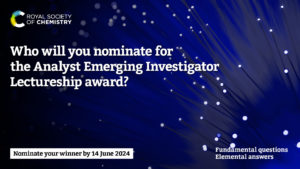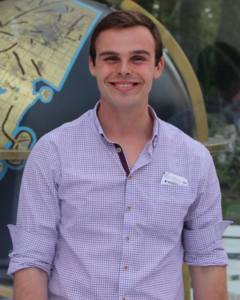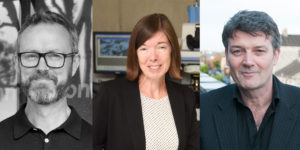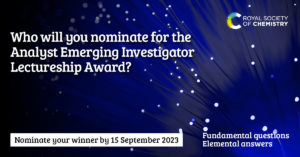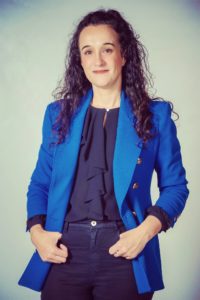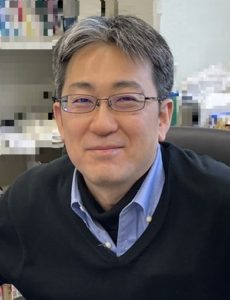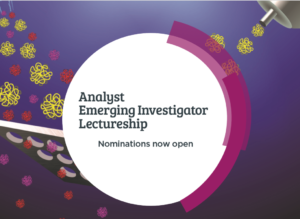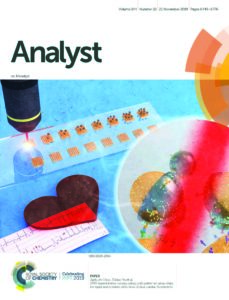Analyst Emerging Investigator Lectureship 2024
We are delighted to announce that the Analyst Emerging Investigator Lectureship is now open for nominations.
The Analyst Emerging Investigator Lectureship is a platform for an early career analytical scientist to raise the profile of the analytical sciences to the wider scientific community and general public.
Lectureship details
- The recipient will receive up to £2000 contribution towards travel and accommodation costs to attend and present a lecture based on their research at a leading international meeting.
- Recipients will be invited to contribute a review to Analyst in the following year.
How to nominate
Nominators must send the following to the editorial team (at analyst-rsc@rsc.org) by 14th June 2024.
- A recommendation letter, including the name, contact details and website URL of the nominee.
- A one-page CV for the nominee, including their date of birth, summary of education and career, a list of up to five of their top independent publications, total numbers of publications.
- A one-page statement of achievement with a lay summary, written by the nominee describing their best accomplishments.
- A supporting letter of recommendation from an independent referee. This could be, for example, the nominee’s post doc or PhD supervisor.
The nominator and independent referee should comment on the candidate’s presenting skills.
Self-nomination is not permitted. Incomplete nominations or those not adhering to the above requirements can not be considered.
Particulars and selection criteria
- Have completed their PhD
- Have published in Analyst
- Be working in a research area within the scope of Analyst
- Be at an early stage of their independent career (typically this will be within 10 years of completing their PhD, but appropriate consideration will be given to those who have taken a career break or followed a different study path).
- The editorial team will screen each nomination for eligibility and draw up a shortlist of candidates based on the nomination documents provided.
- The recipient of the Lectureship will then be selected by the Analyst Editorial Board.
For any queries, please contact the editorial team at analyst-rsc@rsc.org.
Previous winners
2023 – Jeffrey E. Dick
2022 – Maria Cuartero
2021 – Debbie Silvester
2020 – Yi-Lun Ying
2018 – Wei Min
2016 – Patrick L. Hayes


